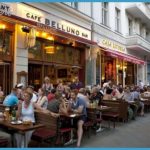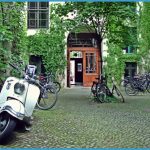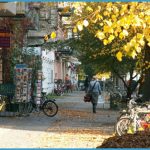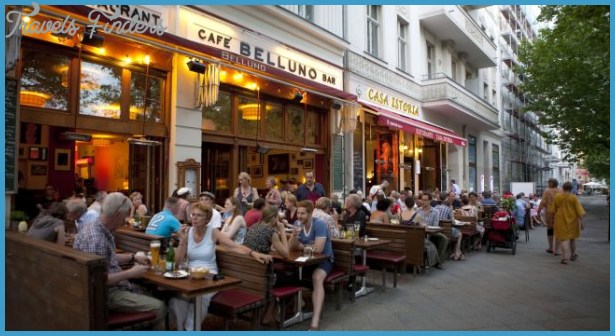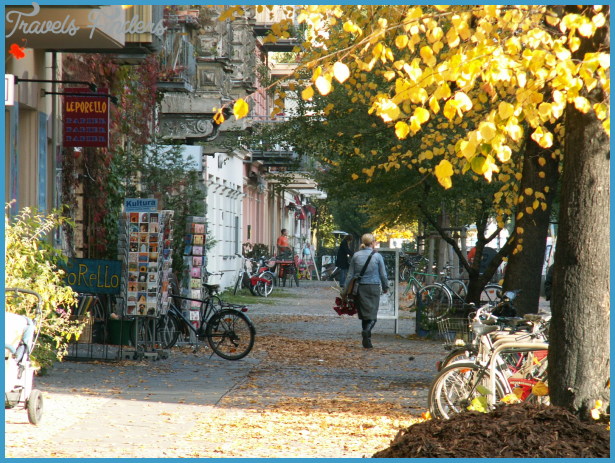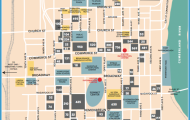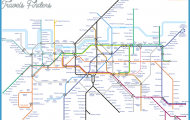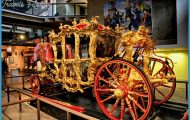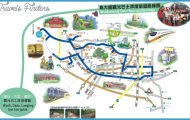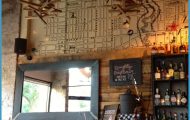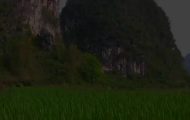PRENZLAUER BERG
Everything in Prenzlauer Berg used to be something else. Plush brunches unfold every Sunday in what were butcher shops; a former power plant stages exhibitions about furniture; and kids cavort in breweries-tumed-nightclubs. The Bezirk was largely neglected by the city’s reconstruction efforts, leaving Berlin’s largest collection of graffiti-covered buildings. Relics of Prenzlberg’s past life are disappearing, but cafe owners know shabby chic when they see it: Plenty of advertisements for cabbage and mismatched sofas remain.
Ell DOKUMENTATIONSZENTRUM DER BERLINER MAUER. A museum, chapel, and entire city block of the Berlin Wall form a controversial memorial to victims of the communist tyranny. The museum assembles a record of all things related to the wall. (Bernauer Strasse 111. U8: BernauerStr. Open Su and W-Sa 10am-5pm. Free.)
KOLLWITZPLATZ. This little triangle of greenery centers on a statue of famed visual artist Kathe Kollwitz. The monument is painted and repainted in acts of affectionate rather than angry vandalism. (U2: Senefelderpl. Kollwitzstr. forks right off of Schdnhauser Allee and hits Kollwitzpl.)
JUDISCHER FRIEDHOF. Prenzlauer Berg was one of the major centers of Jewish Berlin, especially during the 19th and early 20th centuries. The ivied Jewish cemetery on Schonhauser Allee contains the graves of composer Giacomo Meyerbeer and painter Max Liebermann. (Open M-Th 8am-4pm, F8am-3pm. Men must cover their heads before entering the cemetery.) Nearby stands the Synagoge RykestraSe, one of Berlin’s loveliest synagogues. (Rykestr. 53.)

